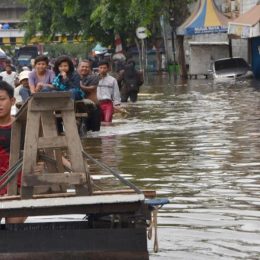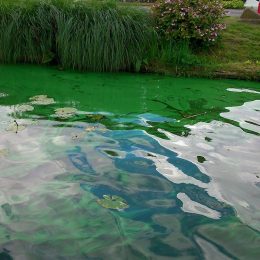The consequences of plastic pollution
Did you know that one truck of plastic waste per minute ends up in our oceans? Plastic pollution has become a major social problem worldwide. The problem is getting bigger and bigger, mainly due to our linear economy, the excess of plastic packaging, inadequate regulations, poor waste disposal and our own behaviour. A circular approach to production and use is essential. So how can we help this transition? And what about the plastic that is already in the water and soil?
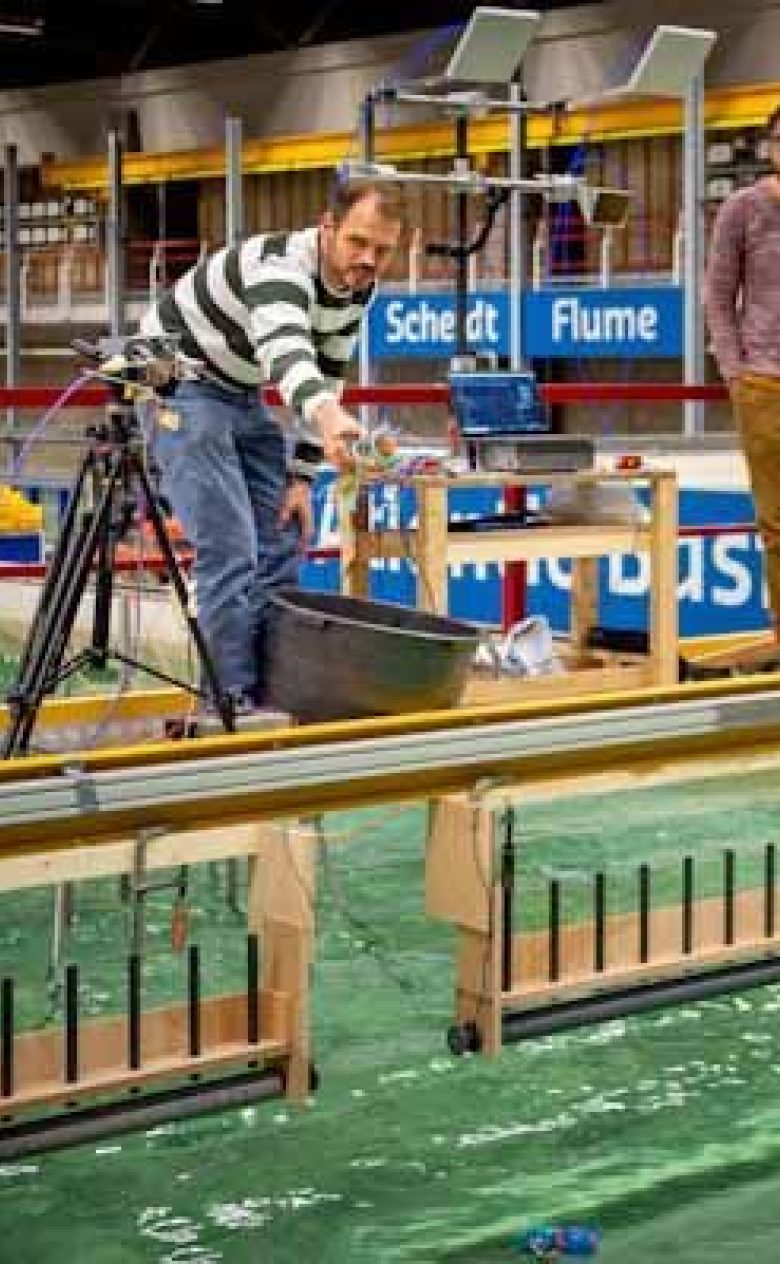
Many countries are already taking measures. They are banning single-use plastic or endorsed the UN Global Agreement on Plastic Pollution , which, like Europe's green deal, aims for as much circular plastic economy as possible. The UN Sustainable Development Goals 11, 12 and 14 are also important targets for plastic. More (local) research not only shows us the degree of pollution but also additional problems for water safety and security.
What can we do now to combat plastic pollution?
Deltares is working with others on a 'from source to sea' approach. By measuring, monitoring and modelling plastic, we can show governments, companies and other social organisations where solutions are most needed and how their impact can be measured. Such reliable information about hotspots helps them with decision making and communication. We did this, for example, together with the World Bank for the governments in Indonesia and Thailand.
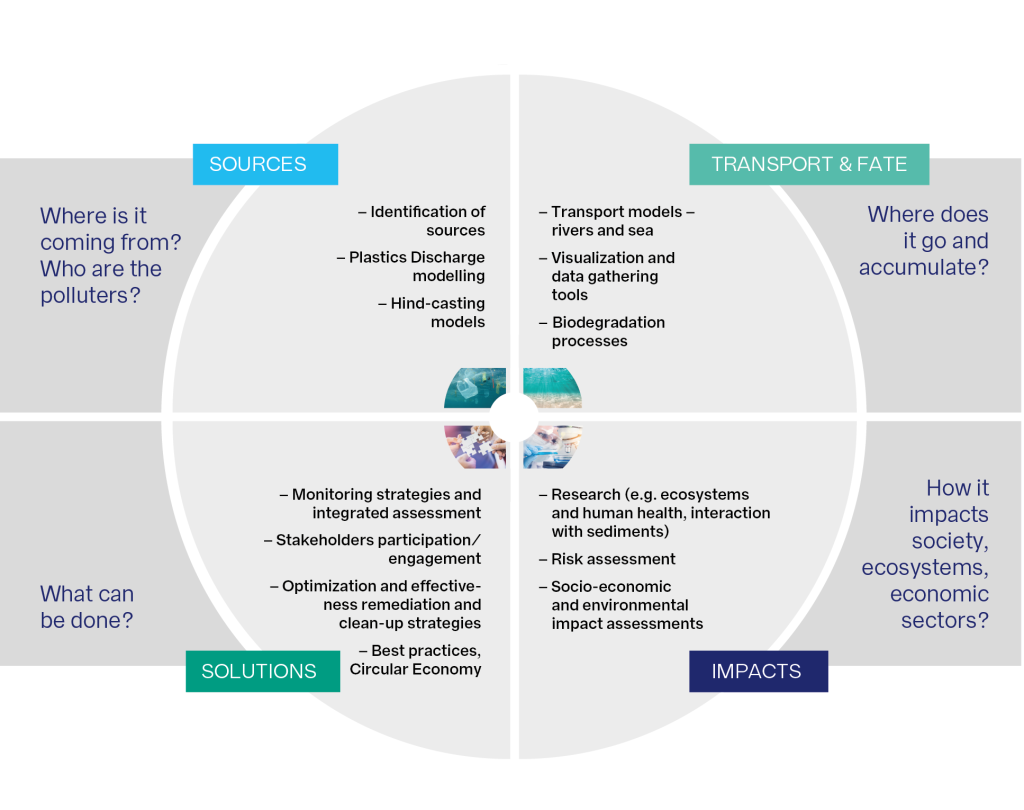
To improve our knowledge of the amounts of plastics in the environment we are looking together with, among others, the European Space Agency (ESA) at how we can trace plastics in the sea from a distance for example satellites. Together we are first investigating this in our wave and flow facilities so that we can be sure which technique performs best. In the European project MAELSTROM, we are investigating the effectiveness of innovative removal techniques in rivers, such as bubble screens and robots. Here, we work together with regional authorities that help with data and suitable research locations.
Is plastic harmful to human health?
The honest answer is that we don’t yet know well enough. That's why we're working with others to study how far plastic's harmful effects reach. In ZonMw's MOMENTUM programme we're investigating the health consequences of tiny plastic particles, together with universities, research institutes and companies. Initial laboratory results reveal that we have plastic in our blood and organic tissue. But we may be just scratching the surface.
On land
As mentioned, plastic pollution mostly originates on land. Plastics are widely applied in our everyday products but are also widely used as geotextiles in (water) construction or building materials. When they disintegrate, smaller plastic particles are created, which end up in our groundwater and surface water. Nano and microplastics can not be seen with the naked eye and are difficult to remove. In the same way, more and more chemical substances end up in the environment. A research programme has been started to share this knowledge with makers and users of geosynthetics
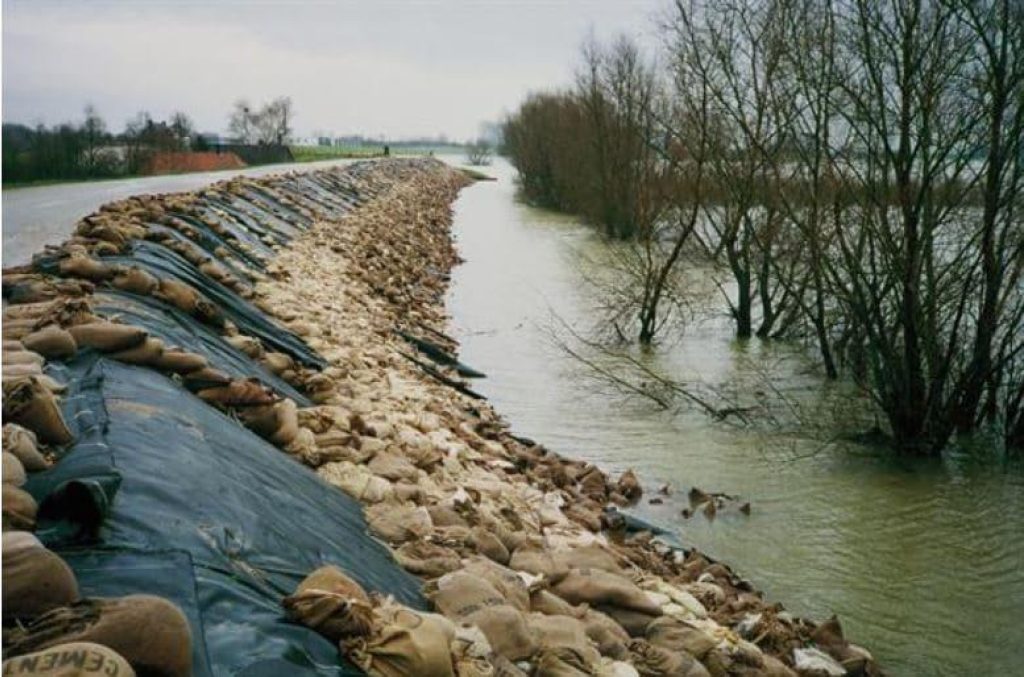
Which questions can we help answer
- How much plastic is my country/region or sector emitting into the sea via rivers? What are the critical areas where we should intervene?
- How do different measures translate into reduced emissions?
- Where can we best deploy our cleanup system in rivers?
- How can remote sensing help in plastic pollution?






